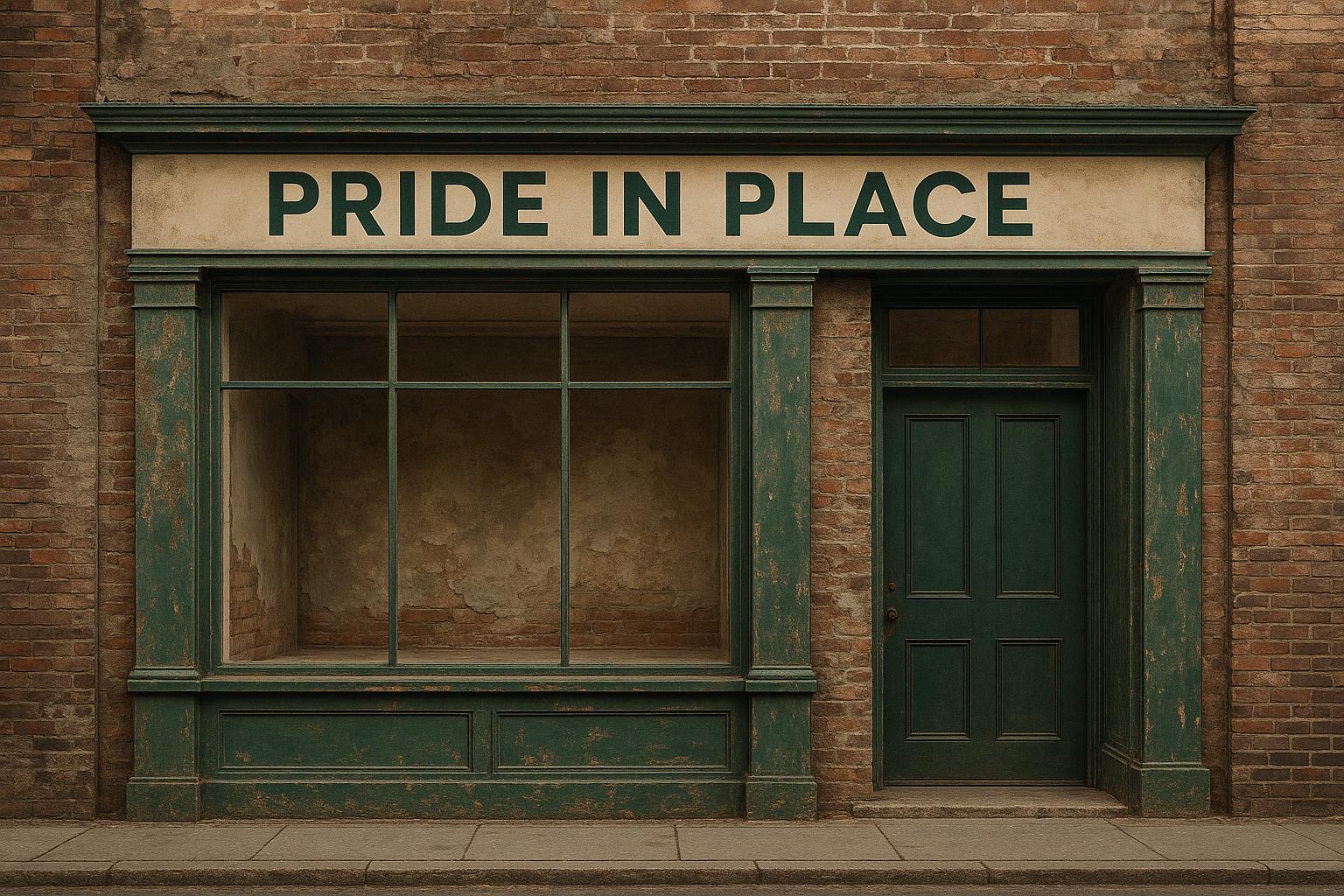The UK government has announced an ambitious £5 billion investment in a new programme called 'Pride in Place,' aimed at revitalising high streets, parks, and public spaces across 339 neighbourhoods nationwide. This initiative is designed to empower local communities to spearhead renewal efforts, with a particular emphasis on giving residents real influence over the future of their areas. Central to the plan is a funding commitment that will see 169 neighbourhoods receive £2 million annually for ten years, amounting to a total of £3.5 billion, thus offering long-term financial certainty for regeneration projects.
This funding is in addition to an existing £1.5 billion already allocated to 75 areas, while 95 other locations will benefit from an immediate £1.5 million cash injection targeted at upgrading public amenities, including the creation of new green spaces, play areas, and sports and leisure facilities. The government has highlighted the importance of community-led decision-making, with Prime Minister Sir Keir Starmer stating that local residents—"the people with real skin in the game"—will be at the heart of deciding how the investment is used, underscoring a commitment to grassroots renewal over centrally imposed policies.
Alongside financial investment, the 'Pride in Place' programme introduces unprecedented powers for communities and councils. These include the ability to protect valued local assets such as pubs and libraries, and to block the establishment of unwanted betting shops, vape shops, and fake barbers—businesses often criticised for contributing to the decline and unhealthy landscape of many neighbourhoods. Additionally, councils will be empowered to seize derelict buildings and boarded-up shops using both Community Right to Buy and compulsory purchase powers, tools which aim to tackle urban blight head-on.
Housing, Communities and Local Government Secretary Steve Reed described the programme as an "historic grassroots movement" that will restore local residents' power, boost national pride, and improve life opportunities across the UK. Communities in towns such as Eston, Elgin, Ramsgate, and Torbay have already begun discussions on regenerating their areas, reflecting widespread enthusiasm for the initiative.
The programme also ties into broader government goals to address regional inequalities and foster healthier environments. The Levelling Up Parks Fund, a UK-wide initiative linked to 'Pride in Place,' complements the investment by supporting over 100 areas in creating or significantly refurbishing community-designed green spaces. These projects not only aim to enhance urban environments and reduce pollution but also to stimulate local economic regeneration by increasing footfall and creating jobs in struggling high streets.
Health advocacy voices have welcomed the initiative's measures to counter the clustering of unhealthy amenities. Dr Eman Zied Abozied of Newcastle University highlighted the damage caused by the proliferation of gambling and vape shops, particularly in northern regions where health inequalities are more pronounced. She emphasised that community powers to block these businesses represent a significant step towards improving public health and wellbeing, especially when paired with investments that incentivise the growth of healthier amenities like supermarkets, libraries, and pharmacies.
The strategy reflects a new approach to government-community partnership, promoting safer and healthier neighbourhoods where local people have a meaningful say in setting priorities and managing resources. It aligns with the wider Plan for Change agenda and includes focused investments in Scotland, where £292 million is being allocated to 16 local authorities to support community-led improvements.
By shifting power from central government to local residents, the 'Pride in Place' programme aims to restore a sense of belonging, pride, and hope across the country. According to Sir Keir Starmer, true patriotism lies in building up communities and choosing renewal over division, signalling a political and social vision centred on community empowerment and practical, long-term regeneration.
📌 Reference Map:
- Paragraph 1 – [1], [2], [7]
- Paragraph 2 – [1], [2], [7]
- Paragraph 3 – [1], [2], [3], [7]
- Paragraph 4 – [1], [3], [7]
- Paragraph 5 – [1], [4], [5]
- Paragraph 6 – [1]
- Paragraph 7 – [5], [6]
- Paragraph 8 – [1], [2], [3], [7]
Source: Noah Wire Services
